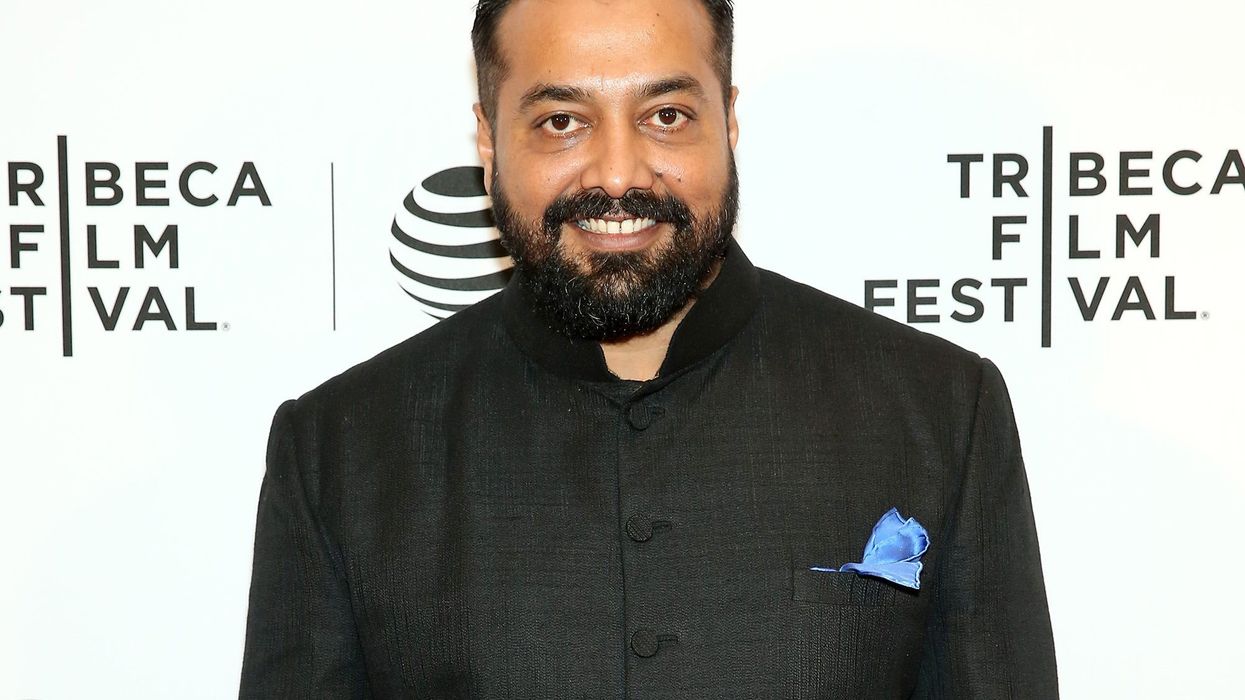Filmmaker Anurag Kashyap, who has also shown his acting prowess in a couple of films, has added one more film to his acting credits. He has signed on to play an important role in the much-anticipated Tamil-language film Leo.
Helmed by Lokesh Kanagaraj, Leo stars Tamil superstar Thalapathy Vijay in the lead role while Trisha plays the female lead opposite him.
Bollywood superstar Sanjay Dutt is also set to make his Tamil debut with the upcoming film. And now with Kashyap also coming onboard, the cast of the film becomes appealing enough to draw audiences to theatres.
Lokesh Kanagaraj recently revealed that the film has just a few days of shooting left. As per reports, scenes featuring Kashyap will be shot in Kashmir where the team will also be completing some patch work.
In a recent interview, Kashyap had expressed his wish to be part of Lokesh Kanagaraj’s films. He said, “I want to do a death scene in Lokesh’s film. He gives glorious death to his actors. I want to die in one of his films. I just don’t need a role. I need to just die in a glorious way in his film.”
Meanwhile, Vijay shared the first look from the film on his birthday last month. In the first look poster, the actor can be seen giving a ferocious expression as he uses a hammer to hit a living being, which is not clearly visible in the poster.
Actors Arjun Sarja, Mansoor Ali Khan, Priya Anand, Mysskin and Gautham Vasudev Menon round out the cast.
Stay tuned to this space for more updates!




